“Teacher Robert?” the voice asked, barely audible amid the cacophony of shoes, spitting and speeding trains at Beijing South Railway Station.
I couldn’t believe who was standing in front of me as I spun around: It was one of my students from English First, a job I had quit just days before. “Daisy! What are you doing here?”
“I’m visiting my family for the summer holiday,” she replied. “And you?”
“My friends from America came to visit me,” I explained to her as she began walking alongside us, “and we’re traveling around China together, starting here in Beijing.”
More than five years later, I’m still overwhelmed by the serendipity of having run into someone I knew in a transit hub that handles 30,000 passengers per hour. And I can’t forget Daisy’s final words as she bid us farewell at the exit, just moments after our extremely unlikely meeting.
“It’s like we’re still in Shanghai,” she said, and galloped toward her family. She’d obviously meant it in a positive way, as if running into her teacher during her summer vacation made the blow of leaving school friends behind more tolerable, but we definitely weren’t in Shanghai anymore.
And that was the fucking point.
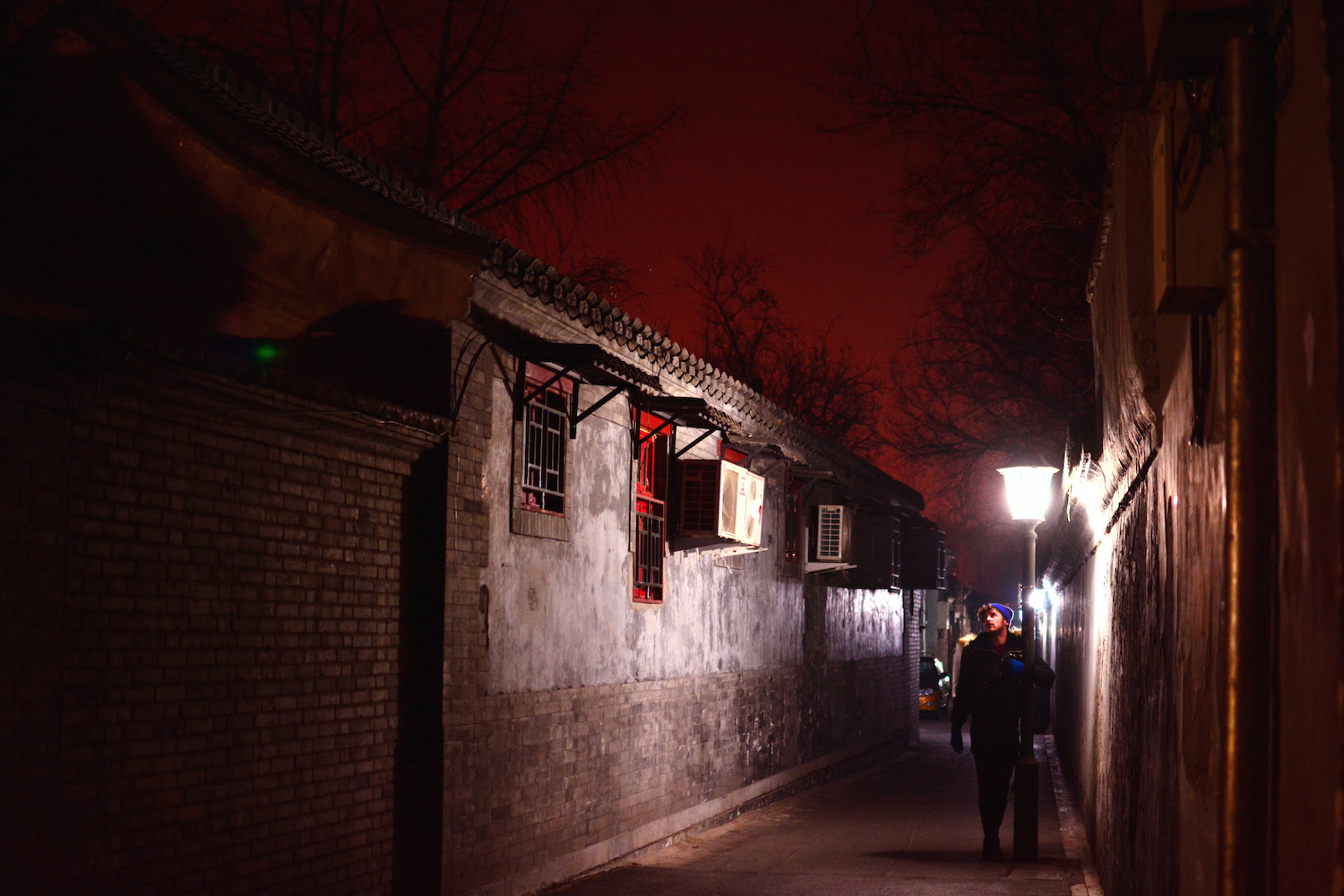
Here goes nothing, I thought as I slipped out the door of my hotel Sunday morning. It was least two hours before the sun was scheduled to rise over Beijing, the smog layer notwithstanding. I can sleep when I’m dead, right?
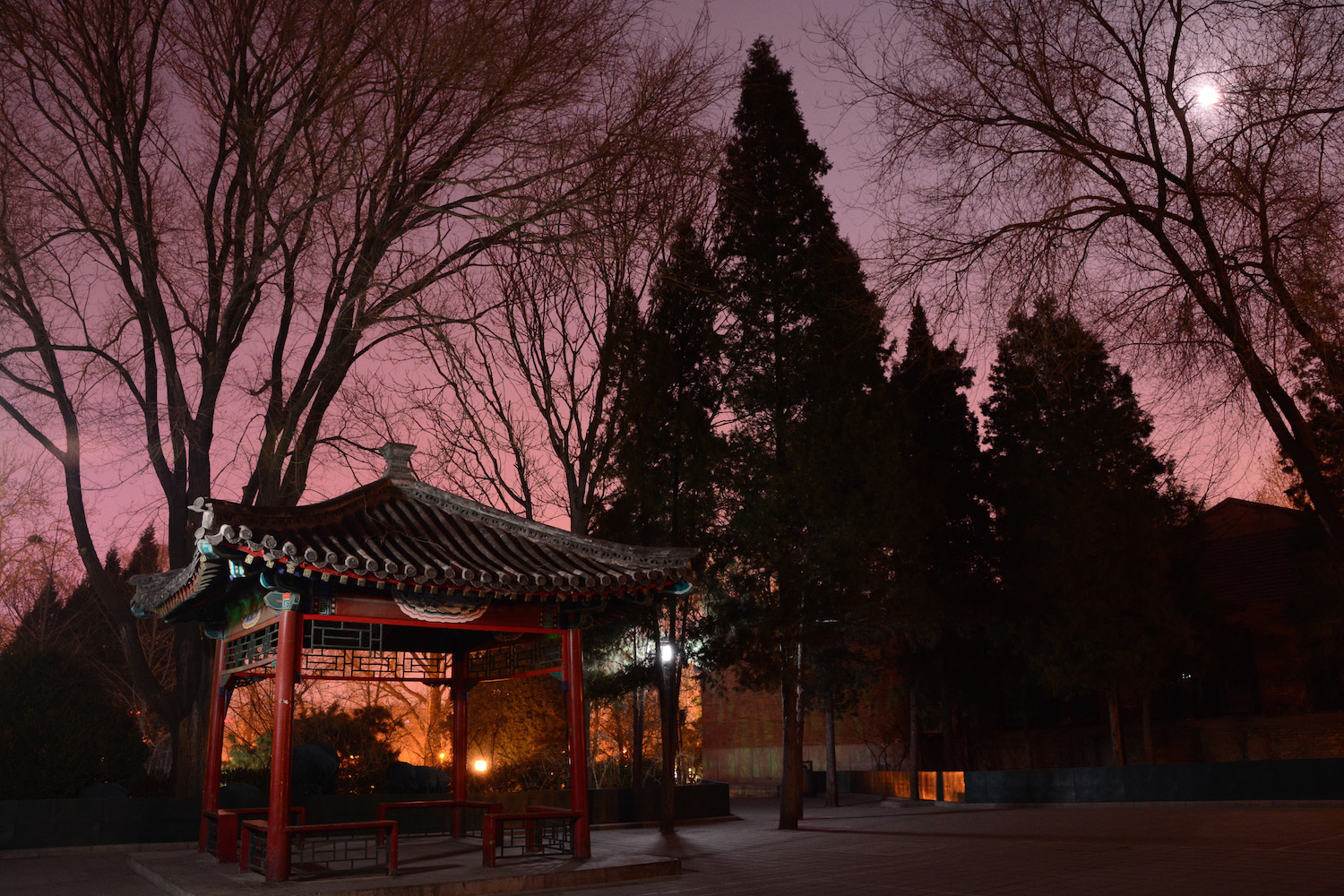
I’d sprung awake at around 3:30 a.m., still jet-lagged from my flight the day before. Tather than toss and turn as I usually do when restlessness befalls me early in a trip, however, I decided to hit the streets by the light of the moon and take the scenic route to the spot where I planned to watch the aforementioned sunrise – which, in spite of the haze that had obscured the runway until just seconds before my plane landed the previous afternoon, I was still confident would be magnificent.
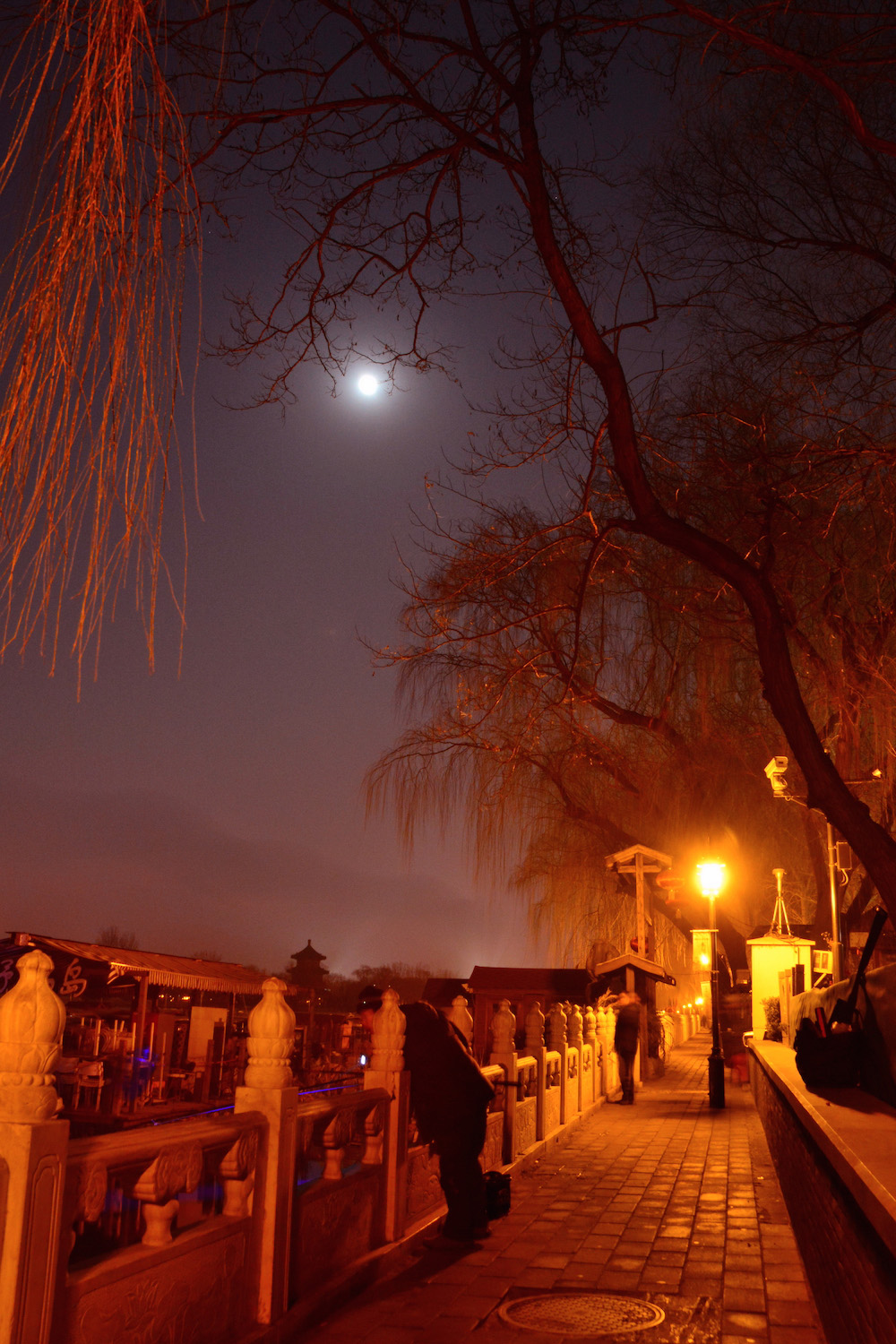
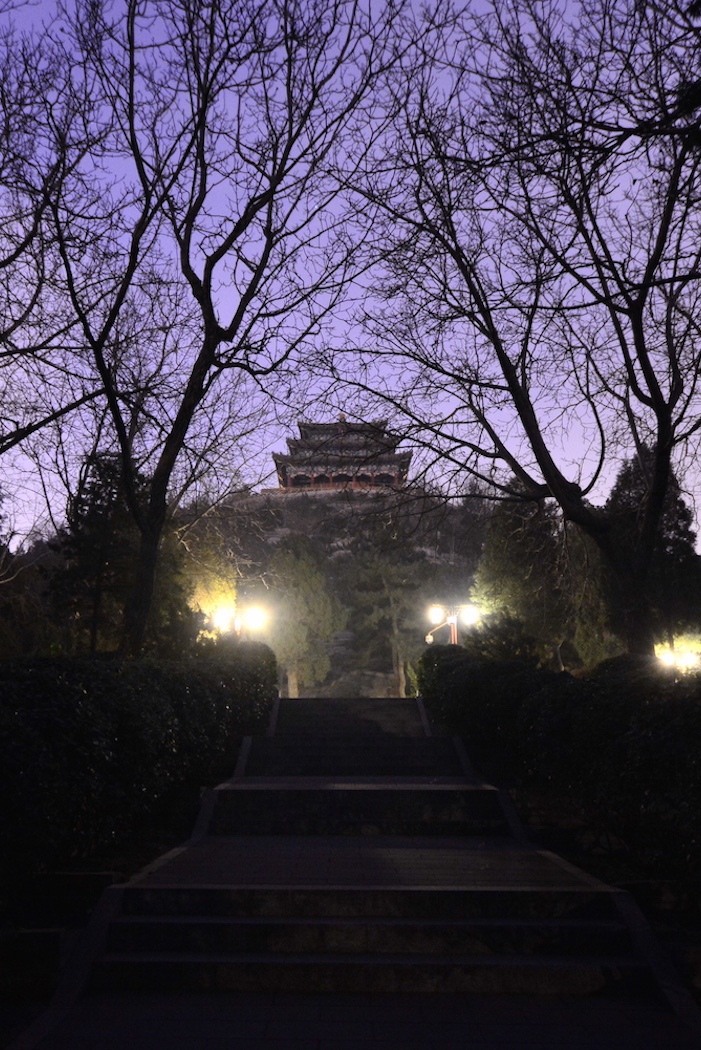
How could it not be, in a city like this? I was positively jubilant as I made my way along the willow-lined shores of the now-frozen Houhai Lake, exceeded in my joie de vivre only by the dozens (or maybe hundreds) of octogenarians getting in their pre-dawn exercise. I was warm inside and out, in spite of the bitterly cold air, which I suppose might’ve been due to the aforementioned smog layer.
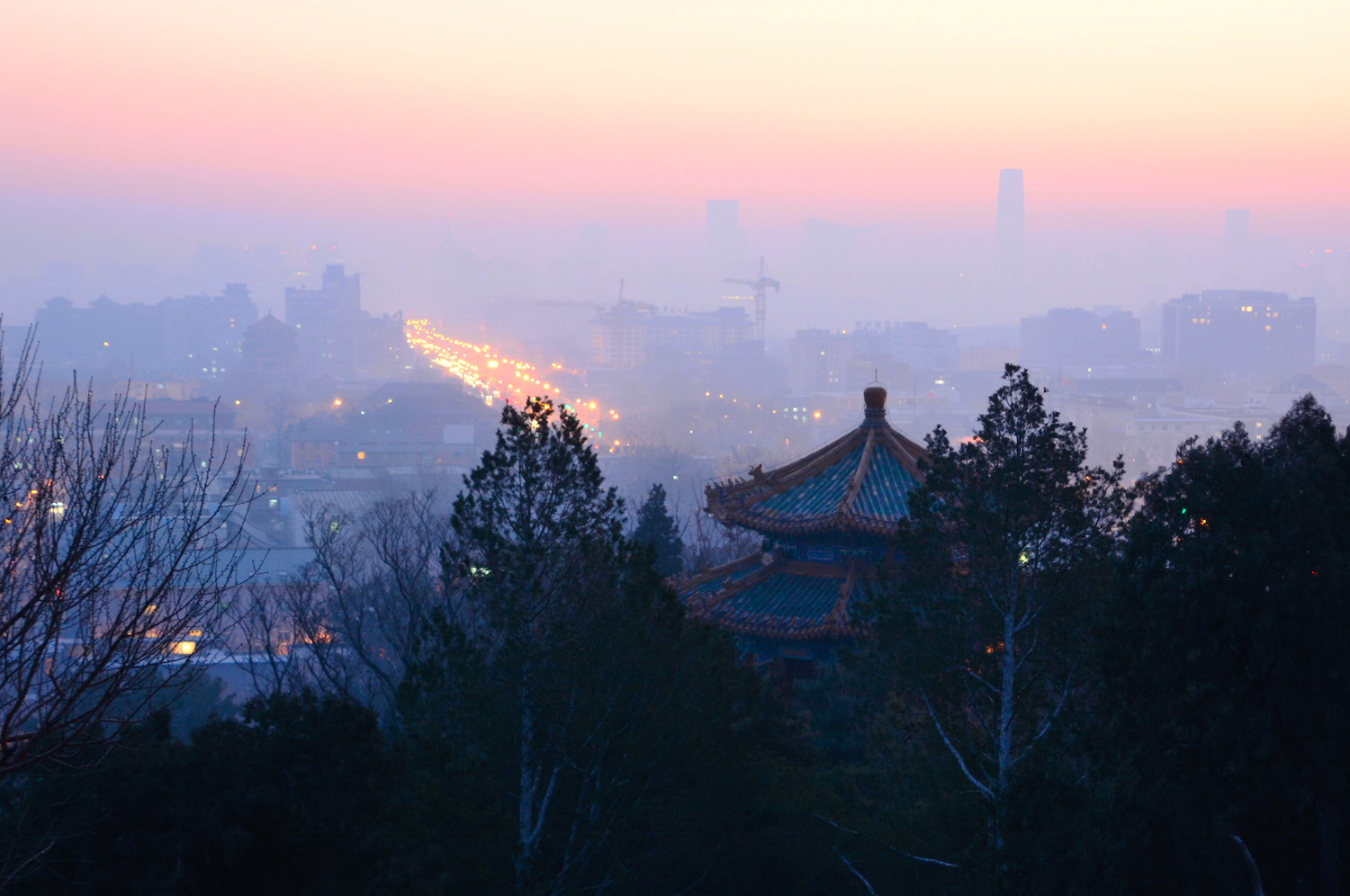
Or maybe not. I mean, apologies to my alveoli and bronchial tubes, but not during a single moment I’ve spent in Beijing have I ever thought to myself, “You know what? It’s so smoggy here I can’t enjoy myself.”
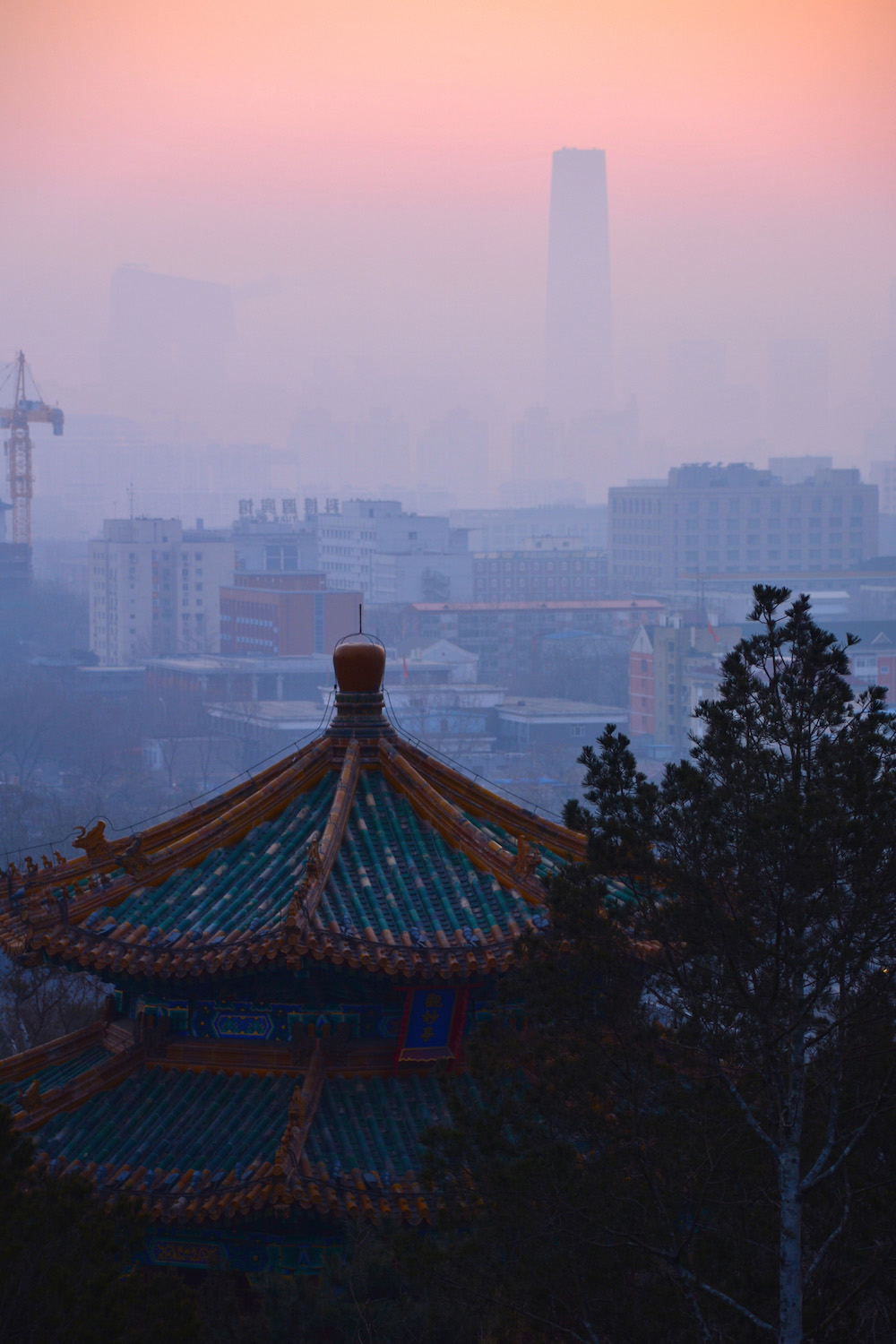
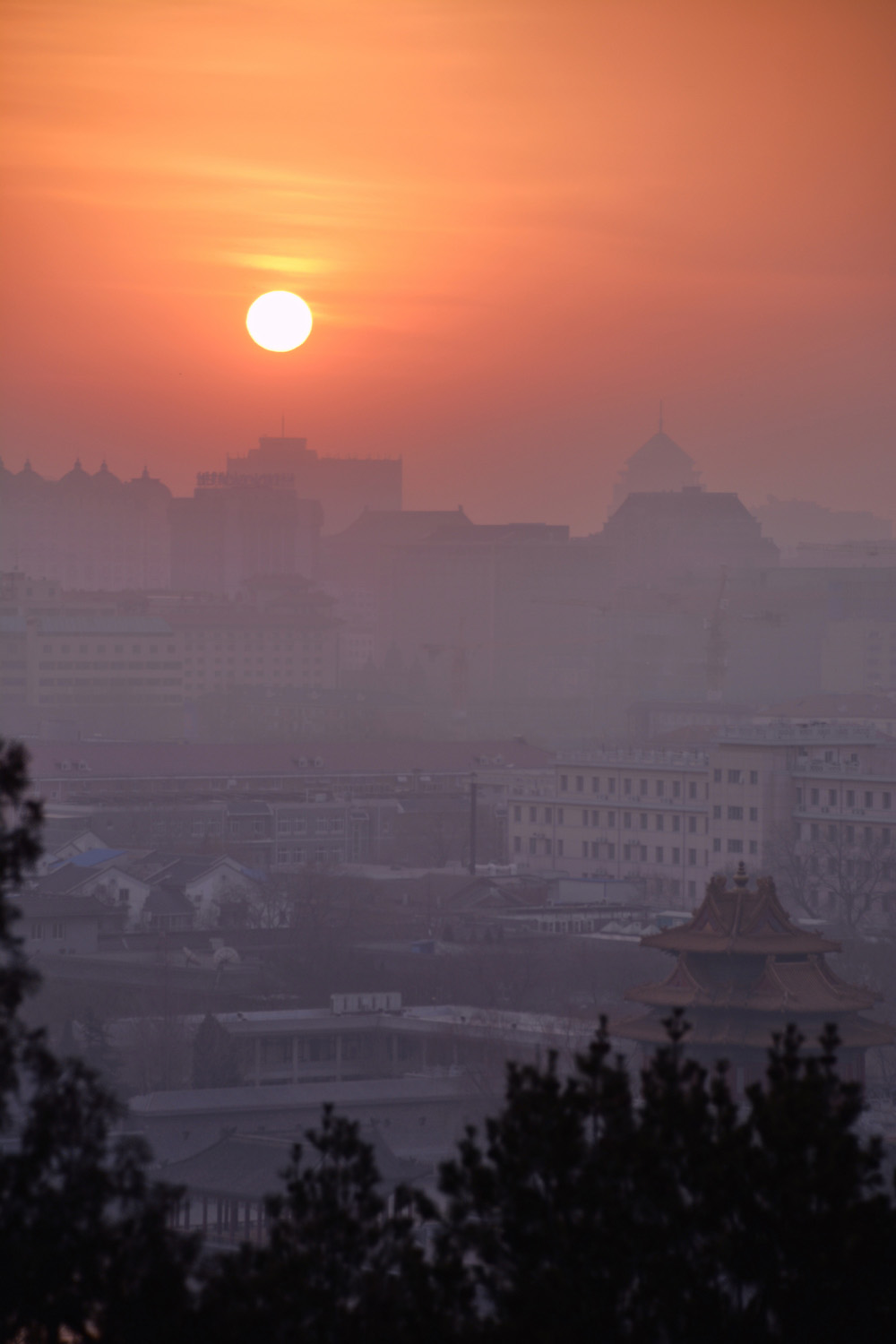
Indeed, dwelling on mortality seemed frivolous as I approached the timeless pagodas of Jingshan Park, to say nothing of how joyful I felt when the guard at the entrance gate let me in for free. It only saved me two yuan, but that wasn’t the point. The guard emanated joy as he waved me inside (well, as much joy as someone whose job it is to restrict entry to a public place can emit, anyway) and I carried that joy with me all the way up to the park’s precipice, and it beamed out of me like the sun as it burned the morning haze away with a dazzling spectrum of pinks, purples and blues to complement its blinding orange hue.
I was absolutely overflowing with joy, which isn’t surprising if you learn the story of how I came to know Beijing.
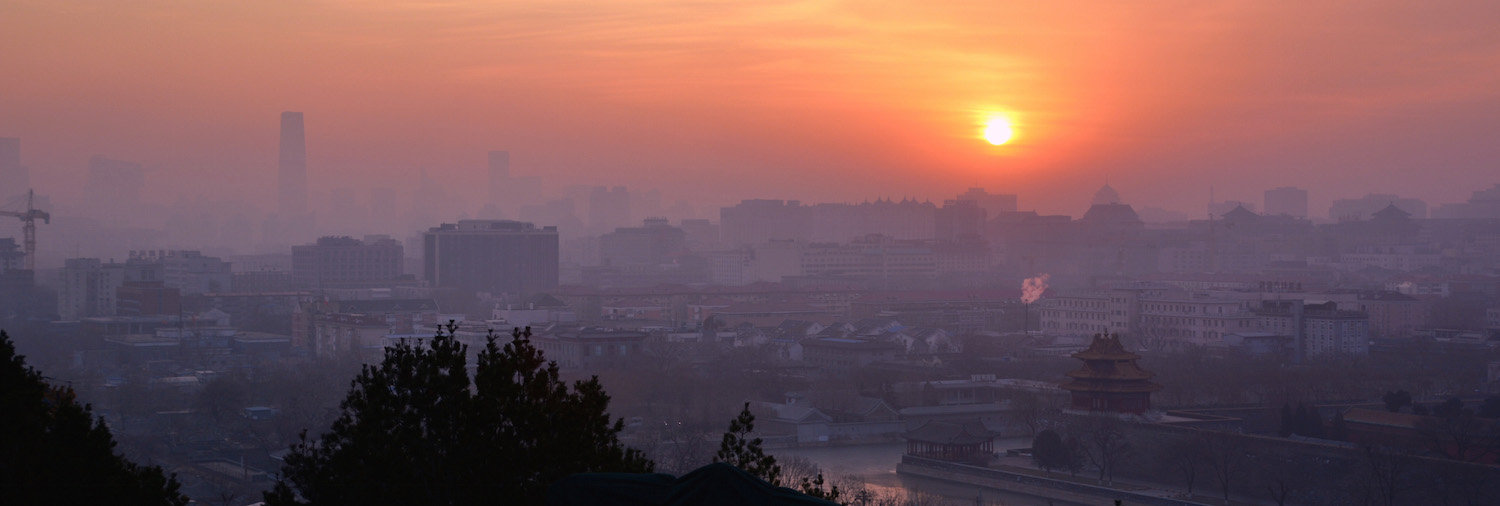
The post I made upon my return to Shanghai a couple months ago explains how much my love-hate relationship with the city tended toward “hate” during the eight months I lived there. When I arrived in Beijing just after having quit my job, about a month before leaving China for good, I assumed the calm that came over me when I stepped out of the station (after the shock of seeing Daisy wore off, obviously) had less to do with the fact that I was in Beijing, and more to do with the fact that I wasn’t in Shanghai.
As the minutes passed and turned to hours, which then turned to days and nearly a week, however, I developed a genuine love for China’s capital, a city most everyone I knew loved to hate.
I loved the rose bushes that lined its congested boulevards, even if I knew their appetite for CO2 was significantly less than the amount in the air. I loved the juxtaposition of Tian’anmen Square and the Forbidden City and then, upon further consideration, realizing how much the magnificent structures actually had in common with one another; and I loved knowing that just a few miles down the road sat Beijing’s gargantuan central business district, filled with monuments to the power and excess that make it the perfect 21st-century cognate to its sister constructions to the west.
I loved that every time my feet hit the ground, whether amid Beijing’s iconic Hutong water houses, ashes from the fire ceremony at Lama Temple or the ghosts of resettled peasant farmers on the promenade at the Bird’s Nest Olympic Stadium, they picked up the story – and soul – of what had been there before. I loved knowing that hundreds of millions of people had walked these streets before me, and that they had, at least in this way, lived to tell about it.
I of course loved that Beijing wasn’t Shanghai, but that fact was superfluous: My heart was full of love when I was in Beijing, and that was what mattered.
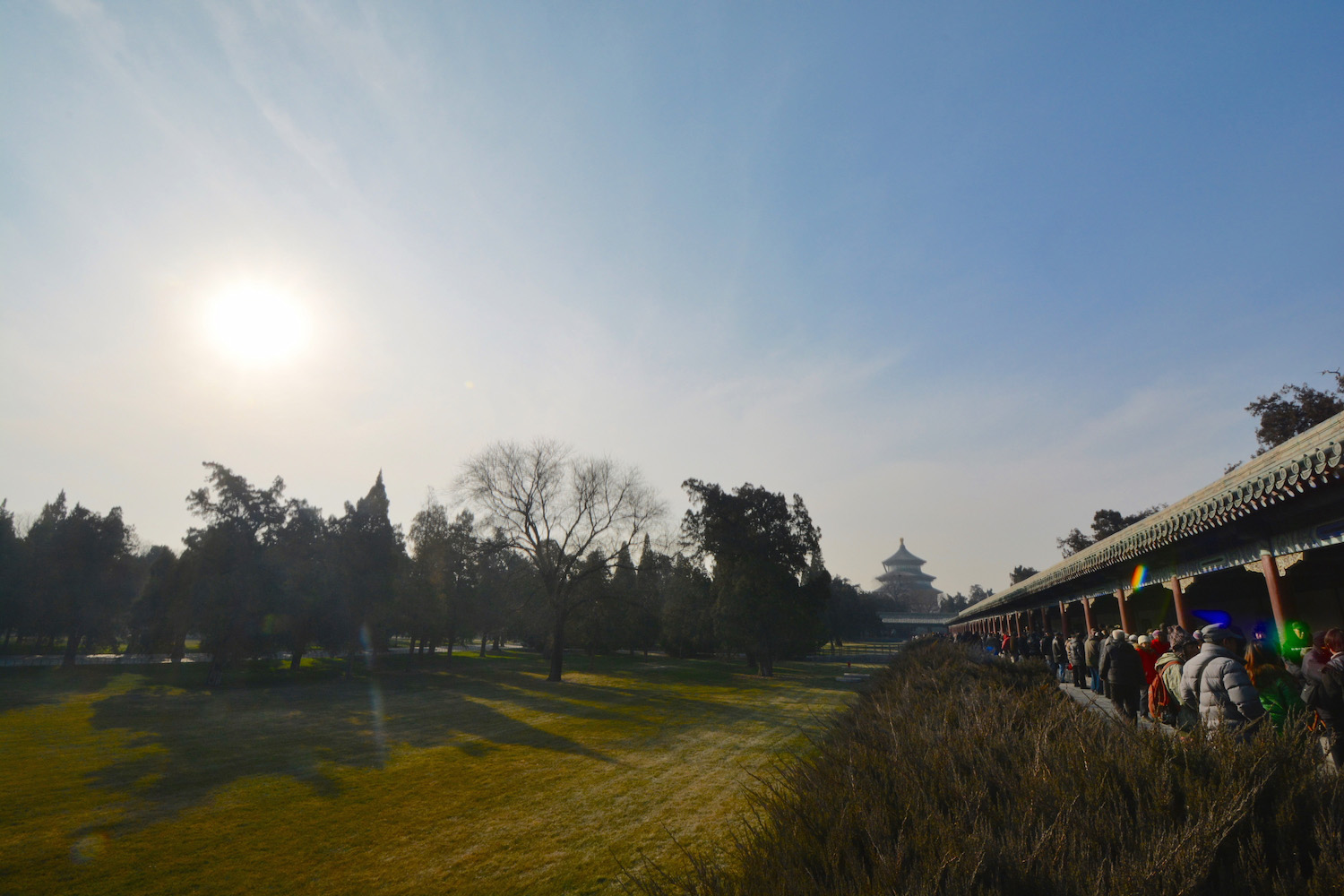
Most foreign tourists, many Chinese people from other cities and regions and even a good percentage of Beijingers love to hate on Beijing. But their grievances, while understandable, all stem from a lack of perspective.
Well except for the smog, maybe, but even then I could point to its brilliant impact on Beijing’s sunrises and sunsets (when you can see them, this is) as a positive counterexample of its effect on the city.
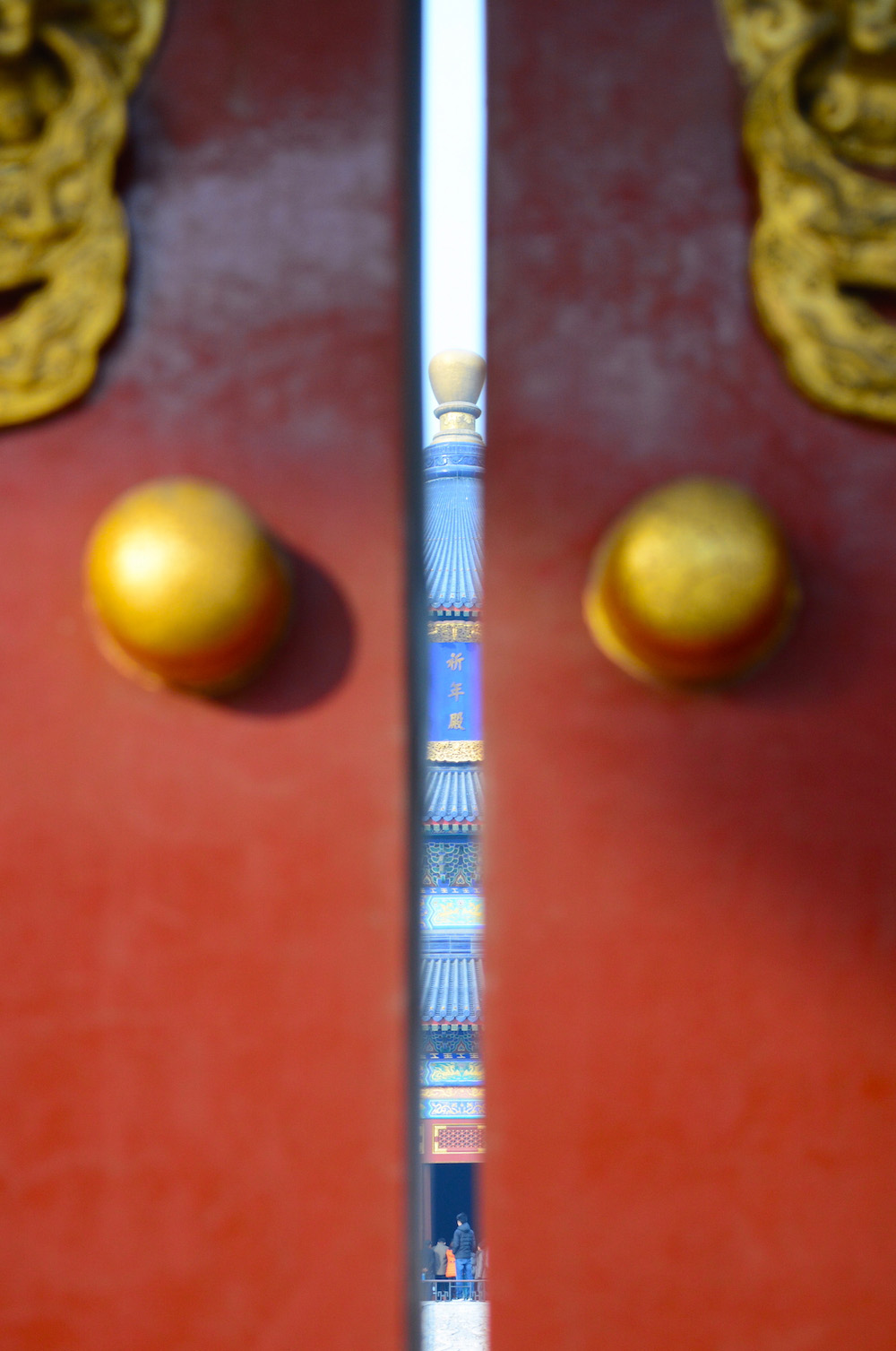
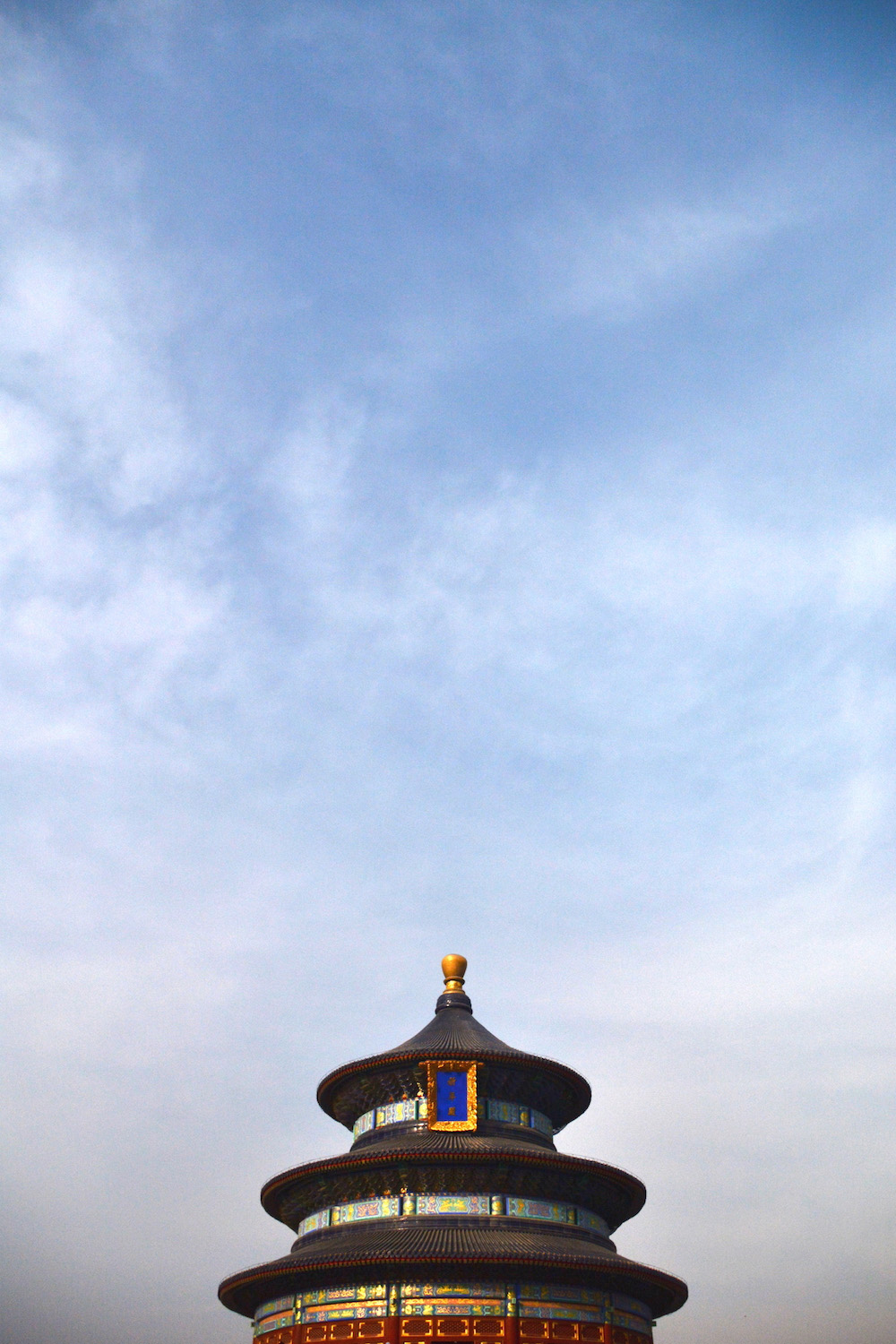
You see, as I was making my way to the Temple of Heaven the other day, grin as wide as the boulevard I was about to cross over, binthangulu in hand, I laughed to myself as I pondered people’s preoccupation with Beijing’s traffic – smog, again, notwithstanding.
I mean, not only was I walking on a well-built flyover bridge, which offered beautiful views of the, um, well aside from the temple there wasn’t a lot to see in this part of town. But the point is that the traffic was literally beneath me, to say nothing of the fact that I had traveled the entire way to where I was using Beijing’s metro system, which for my money is the best in China.
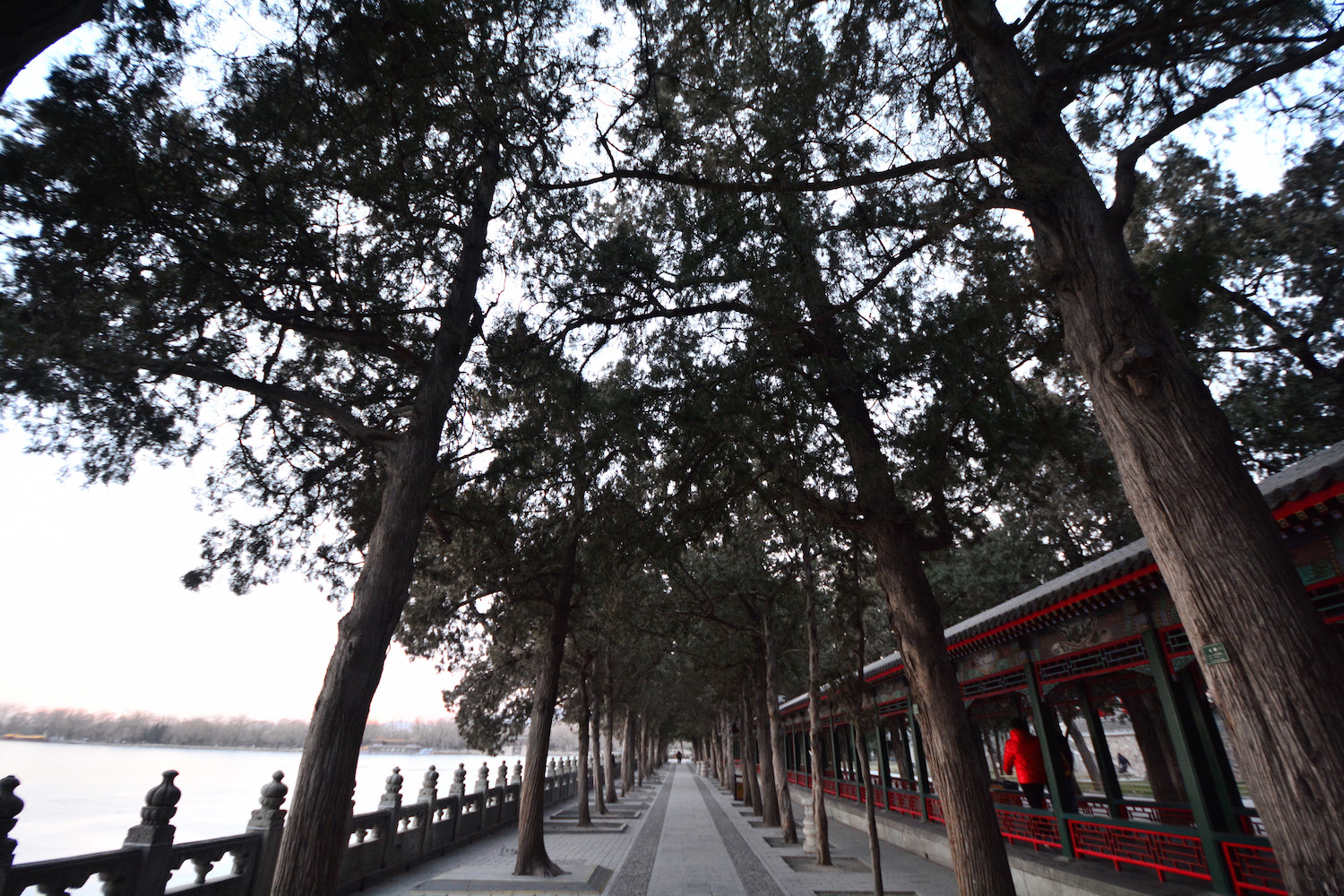
Which is to say that it takes you to more worthwhile places than the one in, say, Shanghai. I mean sure, Shanghai’s metro – I hate to pit the two cities against each other again – can take you everywhere, but you quickly run out of “everywhere” unless you live or do business there. In Beijing, on the other hand, you could get out at a different metro stop every day of the year, and still have some piece of undiscovered (to you, naturally) world heritage waiting to be unearthed.
And that’s assuming you only want to see every place once. I visited the Summer Palace again on this trip, for example, because last time my tight time schedule only enabled me to stay for around an hour, which isn’t very long considering that it covers almost 300 acres and also, that it was the summertime resort of an empress – they’re hard to please, so you know your time is well-spent here.
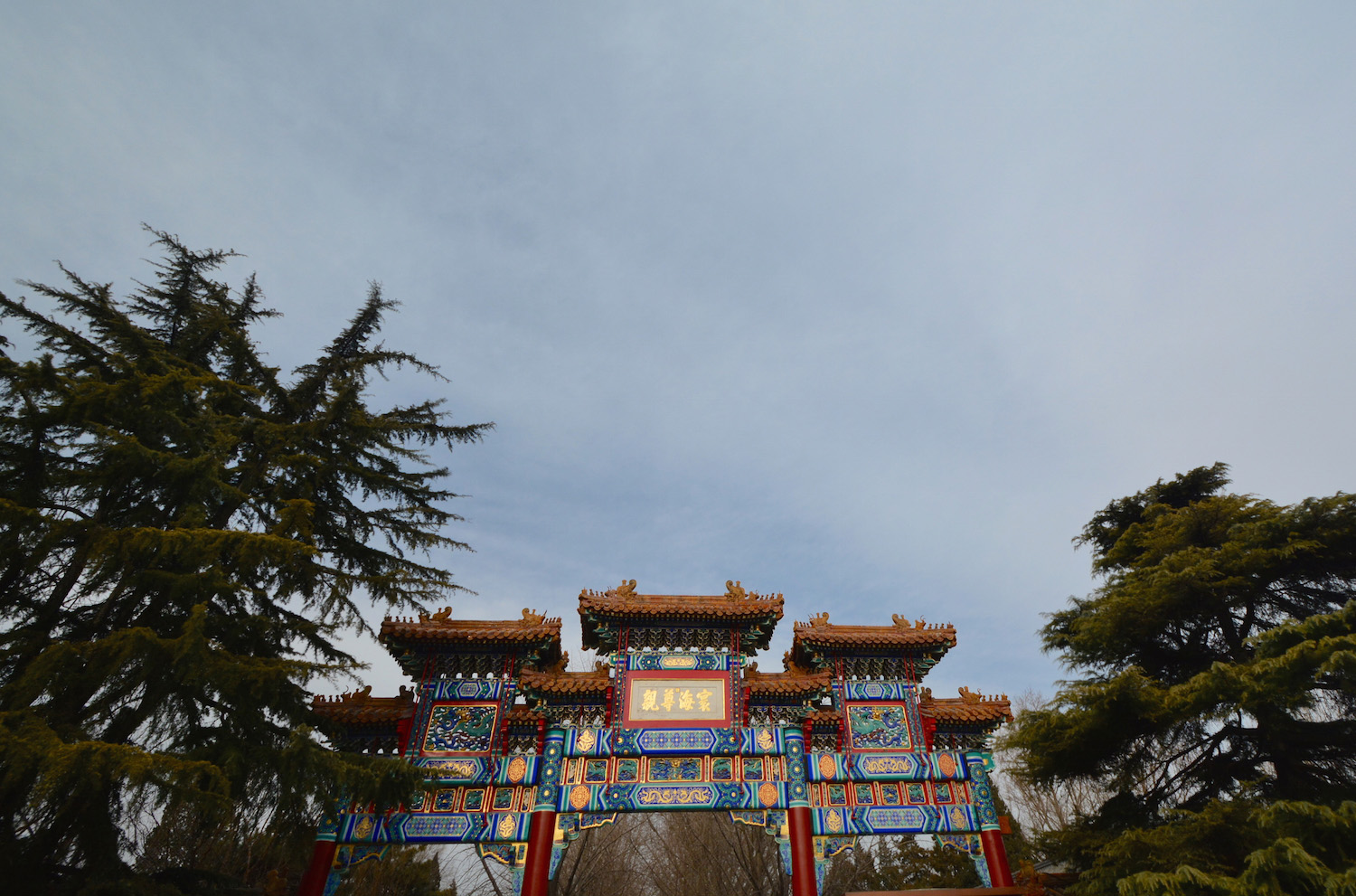
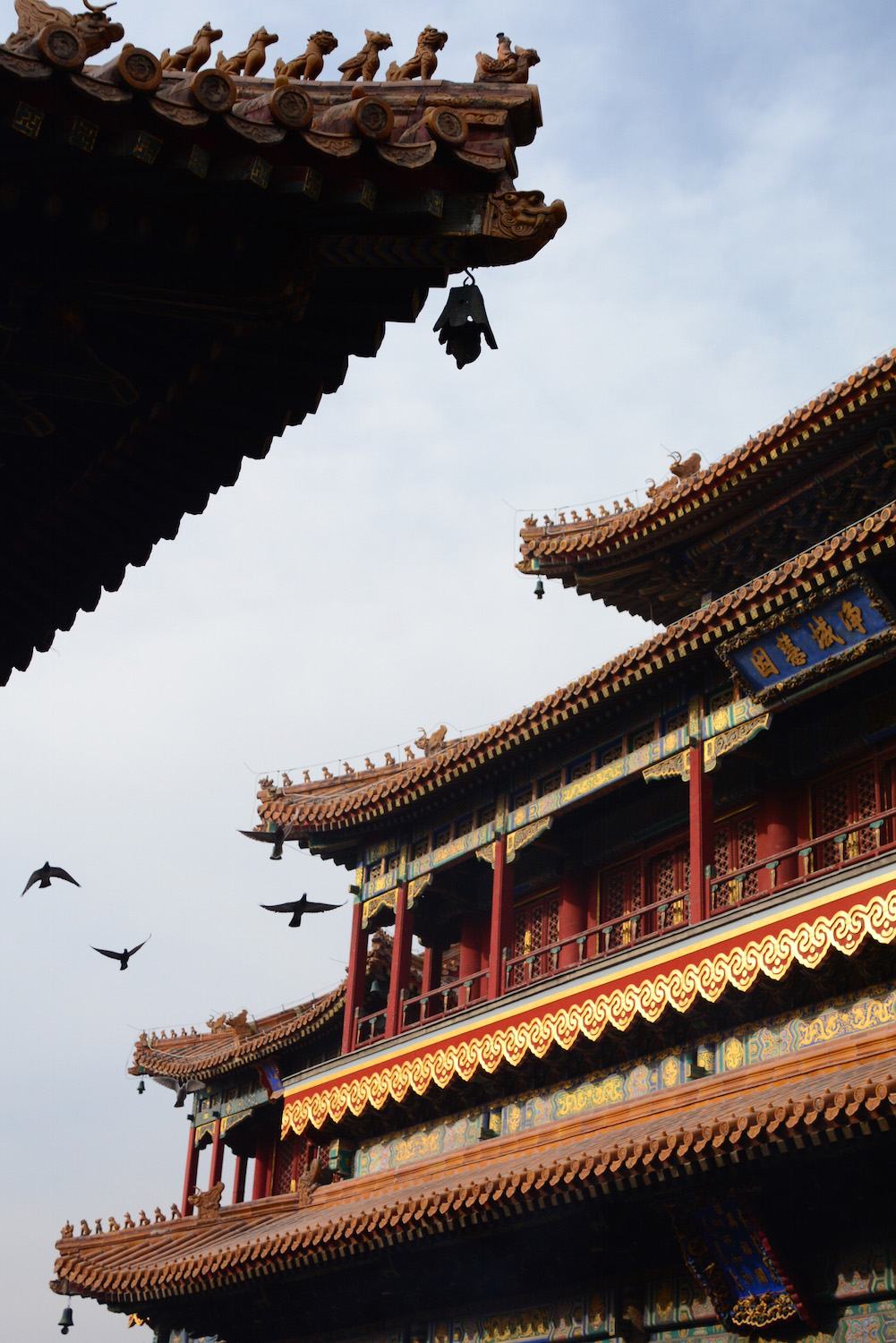
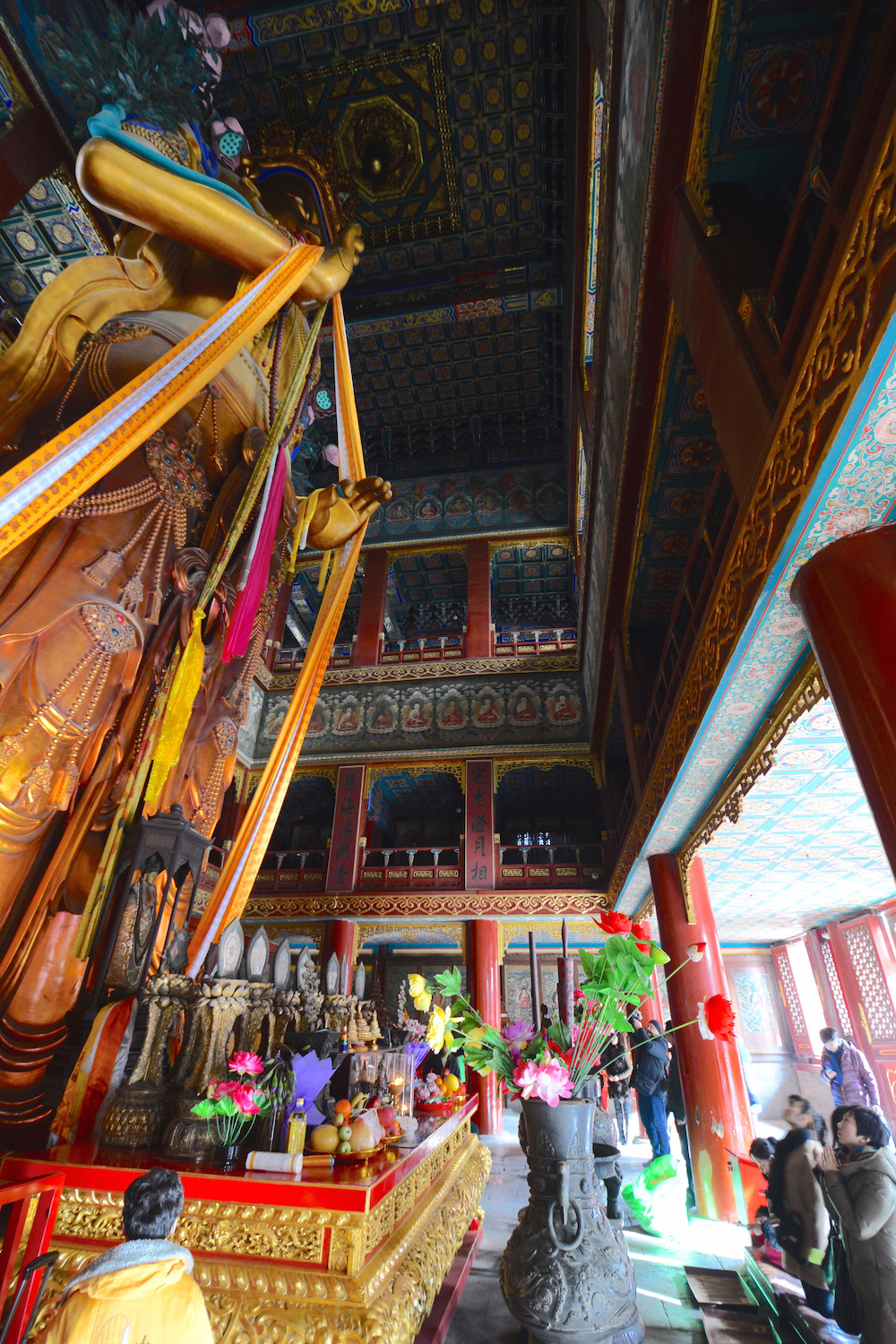
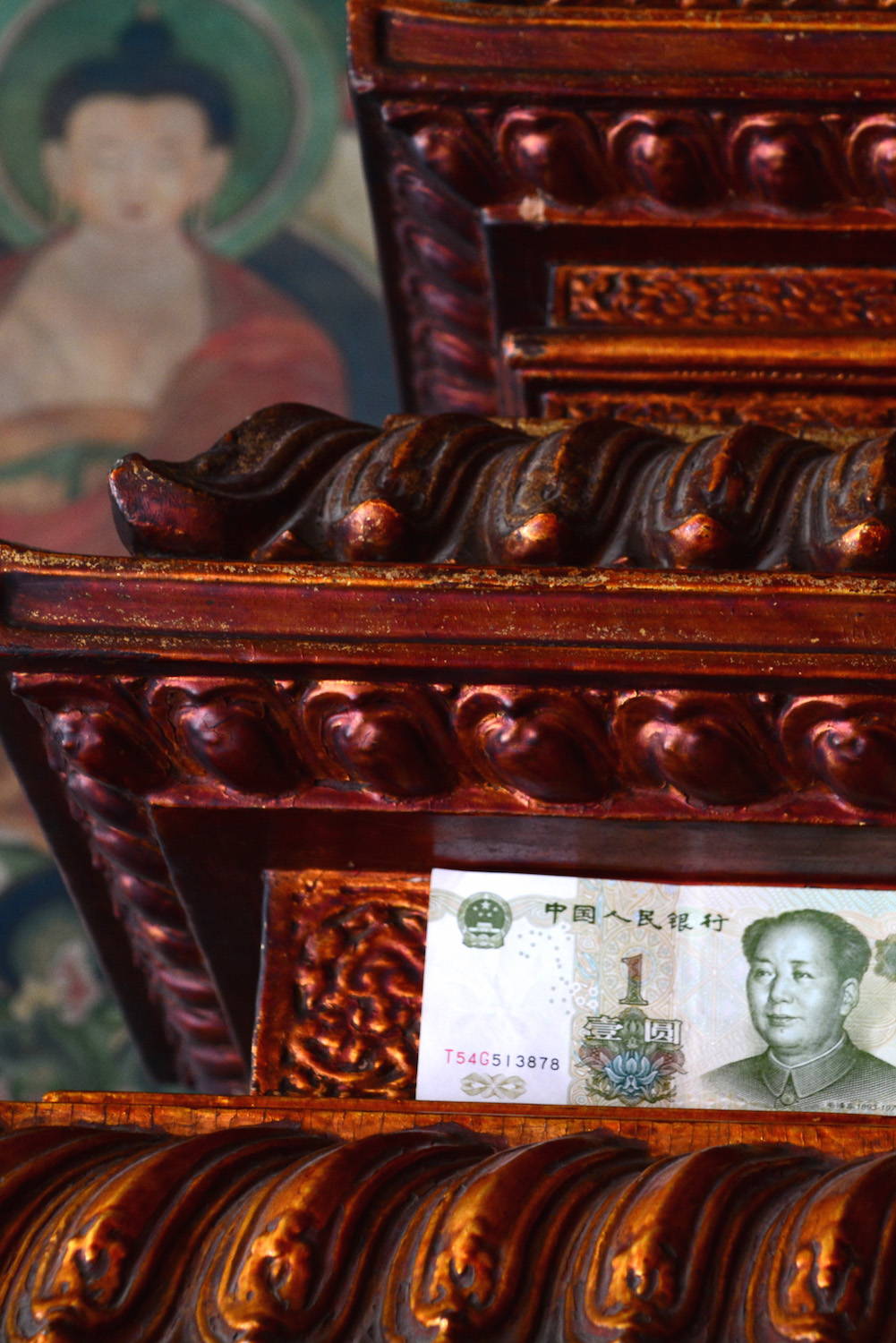
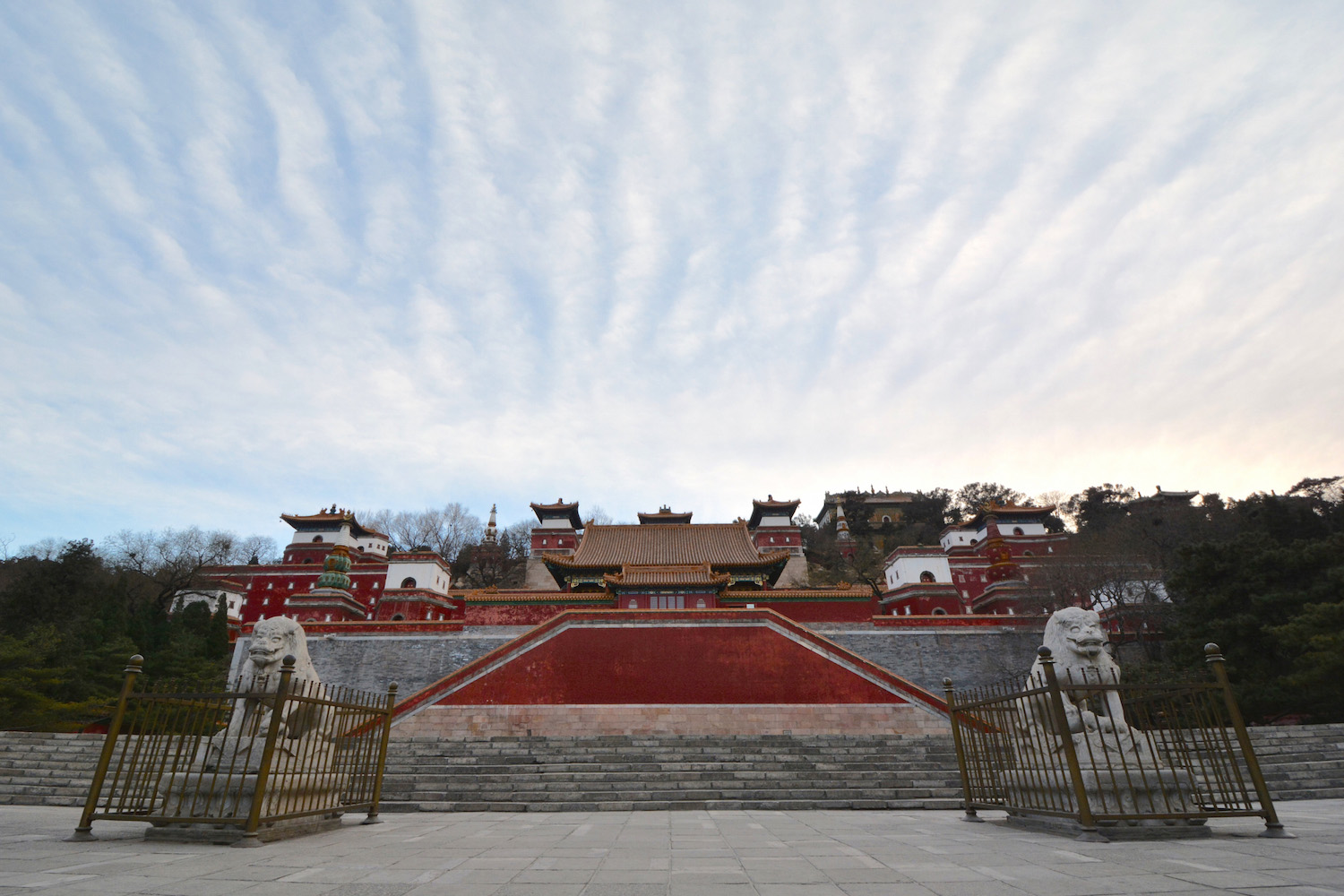
This time, I fixated most of my energy (maybe too much) on a Tibetan-looking portion of the former Sumeru Temple: I don’t know if I will ever make it to Tibet, known as “Xizang” around these parts, due to tight restrictions on entry for foreigners, which is also the reason I decided to pay Lama Temple, in the heart of the city, another visit on this trip.
(The irony of seeing Tibetan monks tending a temple in Beijing, and Chinese yuan pressed up against ancient Tibetan relics in hopes for good fortune, is also not lost on me.)
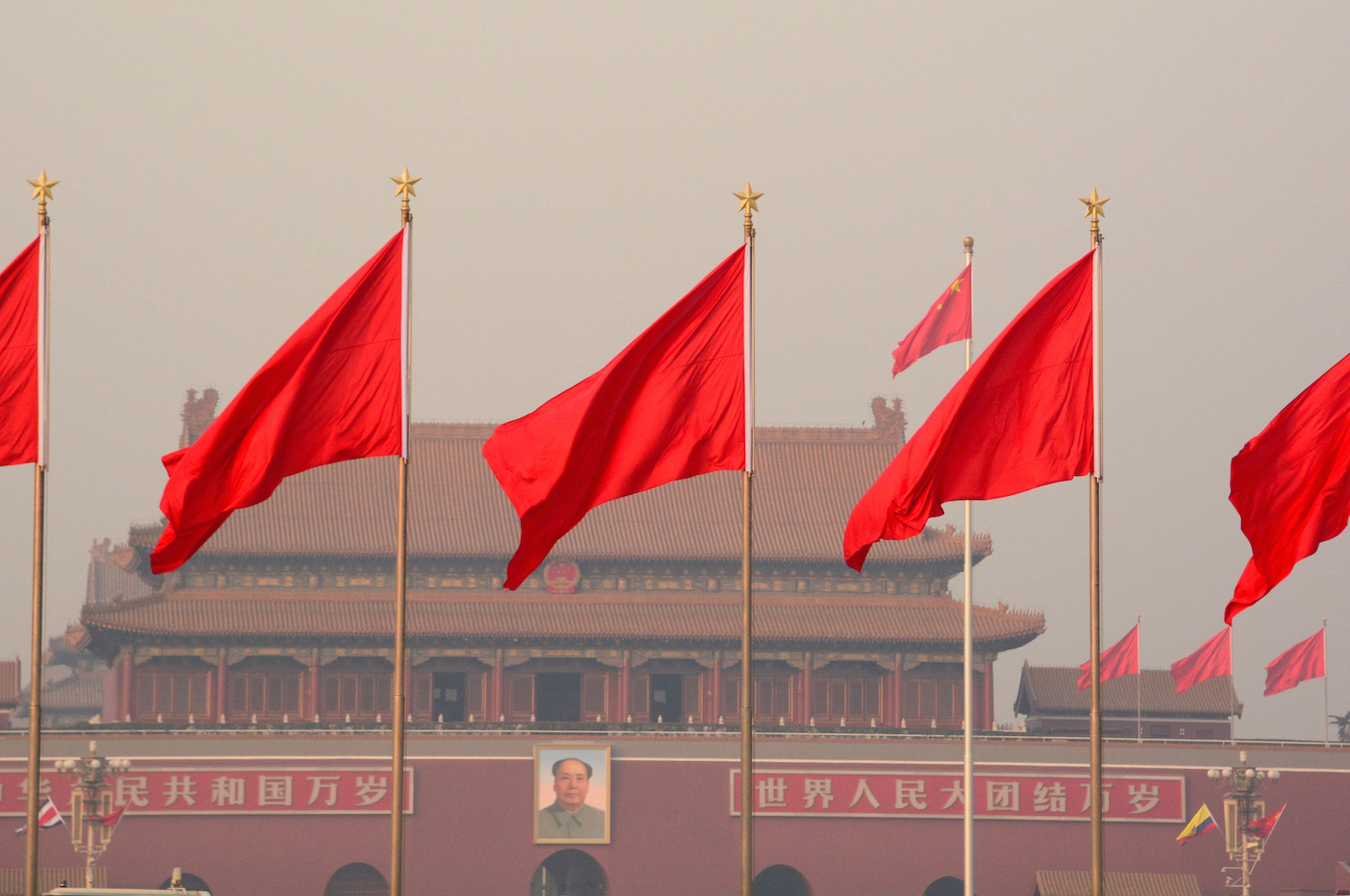
And then there’s Tian’anmen Square and the Forbidden City, which of course really need no introduction and no disclaimer: There’s no grander national monument in the world, even if Mao Zedong’s face totally hijacked the Forbidden City, and even if you can’t see from the north end of the Forbidden City to the south end of Tian’anmen on all but the clearest days.
(I also happen to love Beijing’s globally detested spitting, or at least the freedom to hock a loogie anywhere I want.)
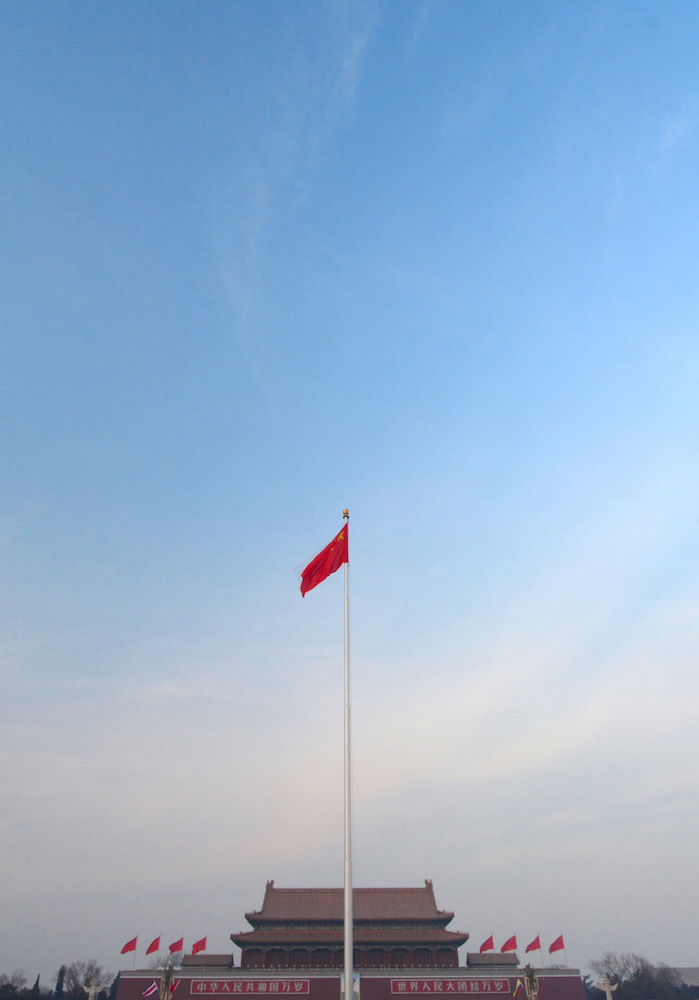
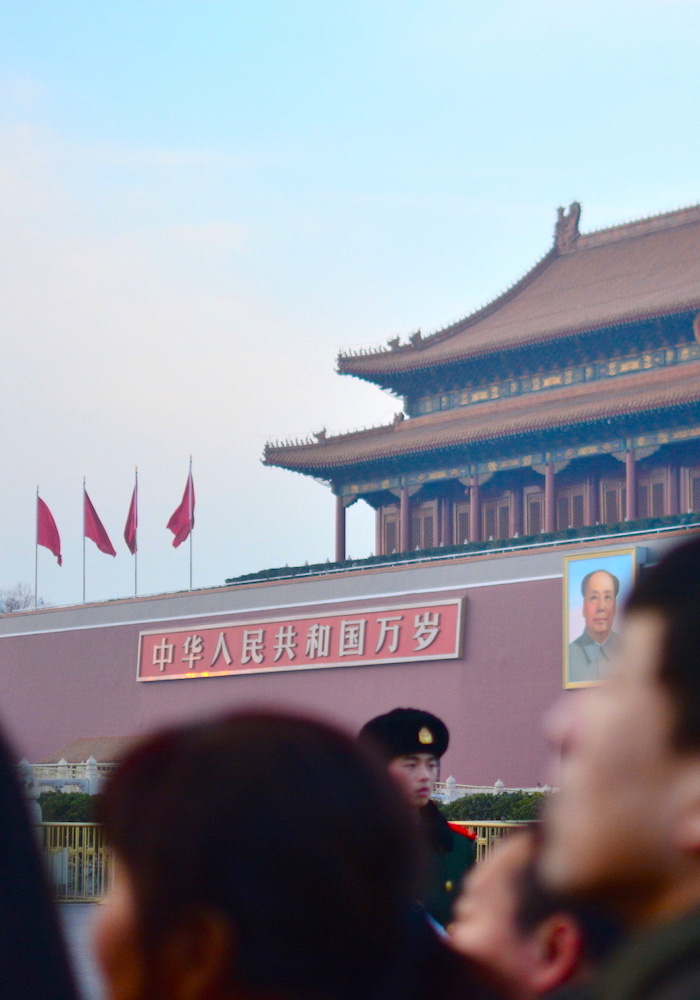
At the end of the day, there are literally infinite reasons to love (or, at least, to want to get to know) Beijing, compared to only a few major reasons people list for hating it. It makes me sad to see people so lazily dousing such an overwhelmingly amazing place in Haterade, but then again I can’t really say I’m innocent when it comes to doling out undeserved negativity.
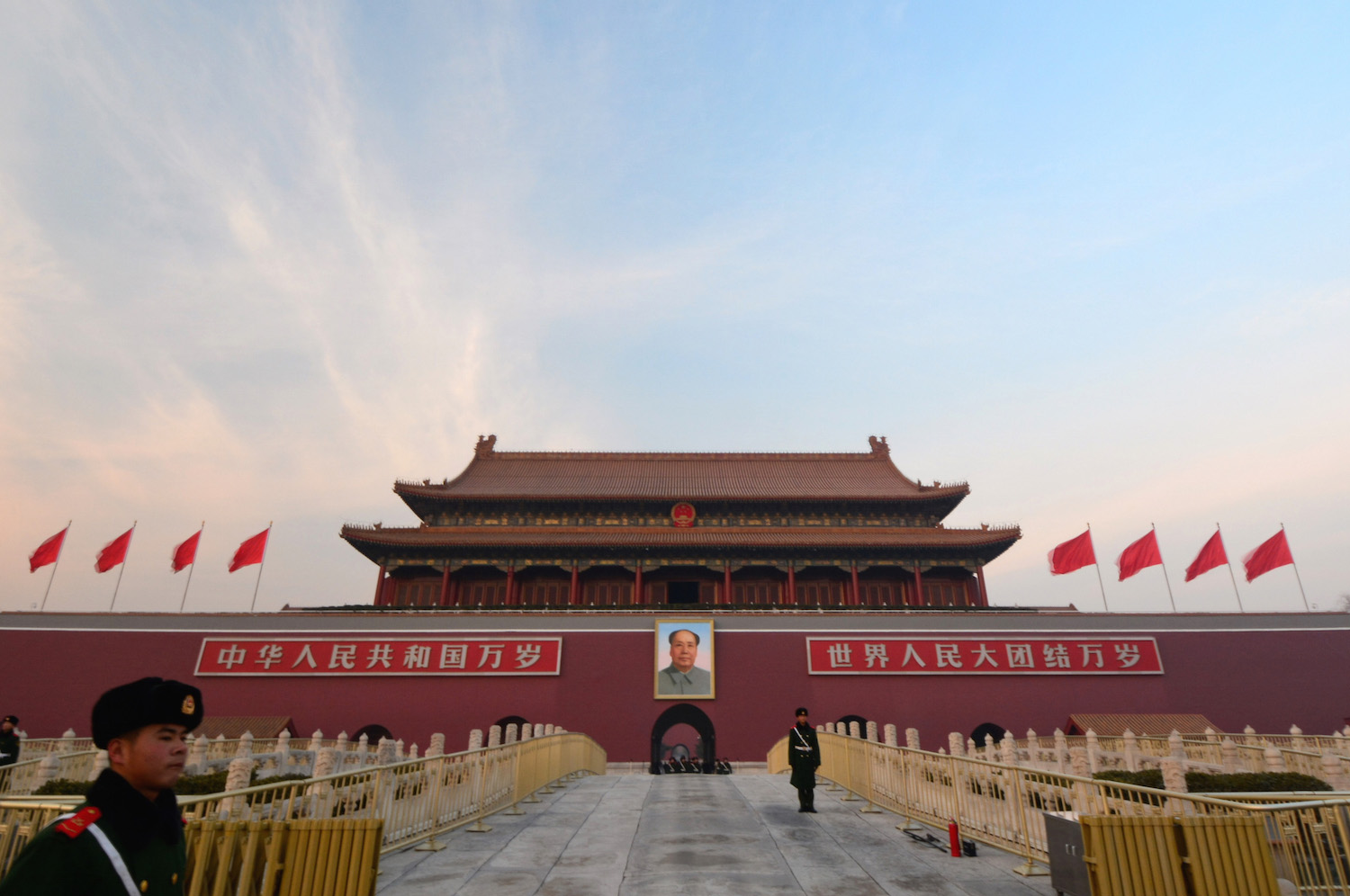
I arrived in Beijing just after having quit my job, about a month before leaving China for good, which occurred on a hazy July afternoon I now consider to be this blog’s birthday.
As you can imagine, one of the most common questions the name “Leave Your Daily Hell” has elicited is “What exactly is the hell you’re leaving?” which sometimes morphs into “What are you running from?” or simply “Why are you running?” I’ve shirked these questions every time someone posed them to me, but today, I’m going to let you in on a little secret: I was absolutely running and at times, I feel that I still am.
Of course, back in 2009/10, I had reason to run. The 2008 economic crisis had paralleled my own professional apocalypse, and while teaching English in China had lifted my cash reserves from the depths of bankruptcy, the experience depleted me on the whole. Even though I had most of the tools I needed to begin this crazy journey when I quit my job, just days before departing to Beijing, you can probably understand why I needed to “leave” China to sculpt my life with them.
The problem with running, however, is momentum. And just as it’s extremely difficult, past a certain point, to stop a snowball running down a hill from becoming an avalanche, I’ve struggled to slow my pace as I’ve circled the globe the last half-decade, or to stop at all really, even to catch my breath.
It makes sense, I suppose, given the way I’ve learned to motivate myself over the years, both as my father’s son and, let’s face it, an American. Never at any point during my country’s existence, let alone the nearly 30 years I’ve been alive, have we been able to move forward as a people, except for in reaction to some enemy image, some existential darkness that threatens to extinguish the light within us.
As you can probably also imagine, I’ve won enough battles by this point that my “enemies” (and I hesitate to use that word) have significantly decreased in number. And yet that old reactive mechanism, seemingly implanted in me at birth, has proven almost impossible to defeat: I’ve turned a lot of friends into enemies in the name of moving forward.
It’s ironic that I’m working through what I hope are the last stages of letting go of this behavior in Beijing, a city that’s bathed in the red shadow of Chairman Mao, who was perhaps the most notorious American enemy of them all during the years preceding my birth.
But of course it’s also fitting, given how irrationally happy being in Beijing makes me, that I should re-affirm my claim to my life’s happiness here, history – and the hatred generally heaped upon the city by most of the world – be damned.
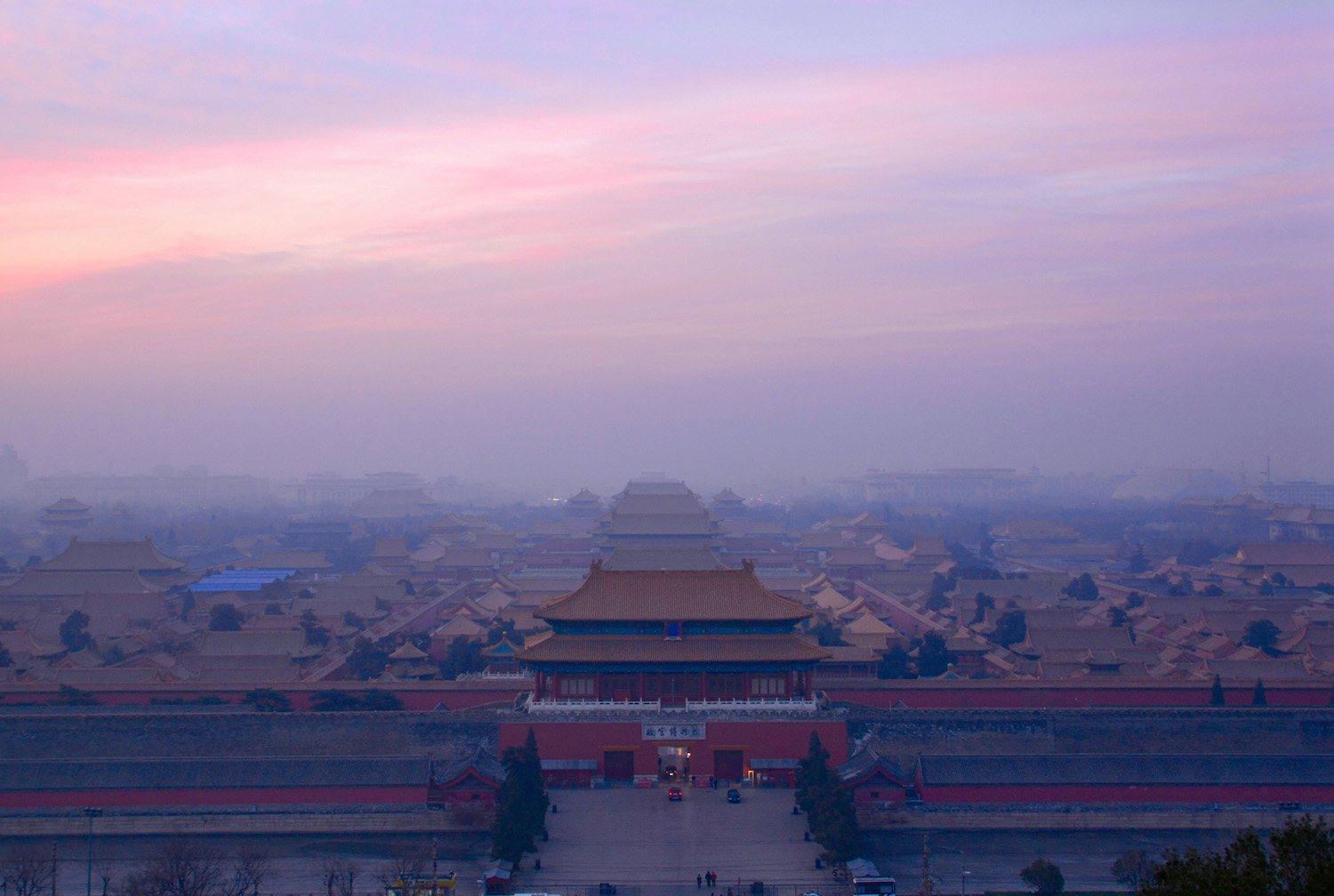
The last time I was in Beijing, before this time that is, I wasn’t just running: I was training for a marathon, one that is by some counts still going on nearly five years later.
If there’s one thing circumnavigating the planet a couple times a year has taught me, it’s that there is always a more distant horizon. But I do feel myself now, more than ever, happy to stand in place and watch the sunset, rather than running off into it.
I feel the same way about Beijing as I walk its streets now as I did back then – the city is a sort of barometer of how I feel in general. And on the whole, I suppose you could say the main change that’s occurred is that I no longer have a hell to leave. In fact – and I don’t think I’ve ever said this publicly – I cry inside a little every time I say goodbye to my friends in Austin and my family in St. Louis.
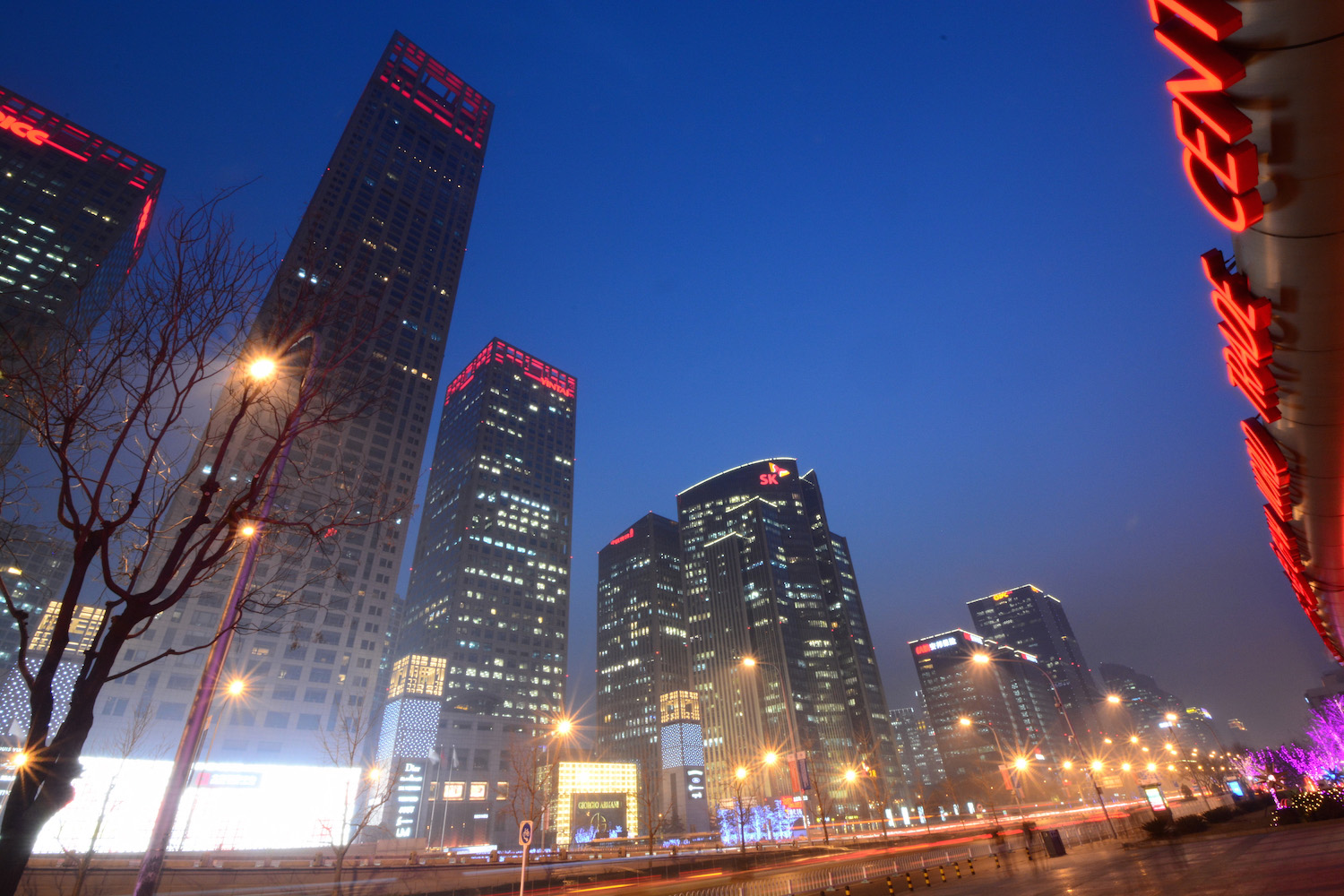
Of course I also cry (sometimes outwardly, too) when I’m made to say goodbye from the new friends and family I meet on each subsequent trip, and while all tears are not created equal, they are all made from the same stuff: I’m not surrendering my passport anytime soon.
But I will tailor my travel schedule more to favor trips with friends – and, for friends in far lands who can’t or won’t travel, trips to friends. I’ll begin to prioritize experiences that warm my heart over ones that will make for good clickbait. And I will certainly change my mind 1,000 times in the process, as tomorrow’s discoveries make me call today’s truths into question.
But for now, my focus is not on the uncertain lens through which I look out onto my future, but on the very air I’m breathing. You see, upon closer inspection, it is not Beijing’s notorious smog that has given today’s sky its strange color: I seem to have left a trail of gold dust behind me as I made my way around the world and only now, as I return to one of the first places I ever allowed myself to feel unbridled joy, do I realize how much of it I’ve kicked up.

Robert Schrader is a travel writer and photographer who’s been roaming the world independently since 2005, writing for publications such as “CNNGo” and “Shanghaiist” along the way. His blog, Leave Your Daily Hell, provides a mix of travel advice, destination guides and personal essays covering the more esoteric aspects of life as a traveler.








